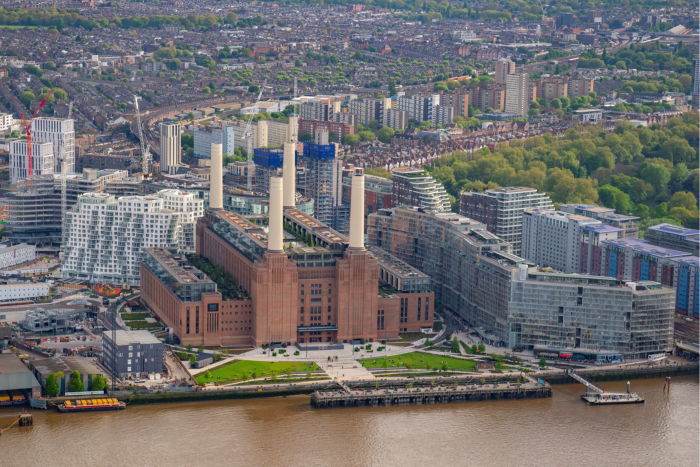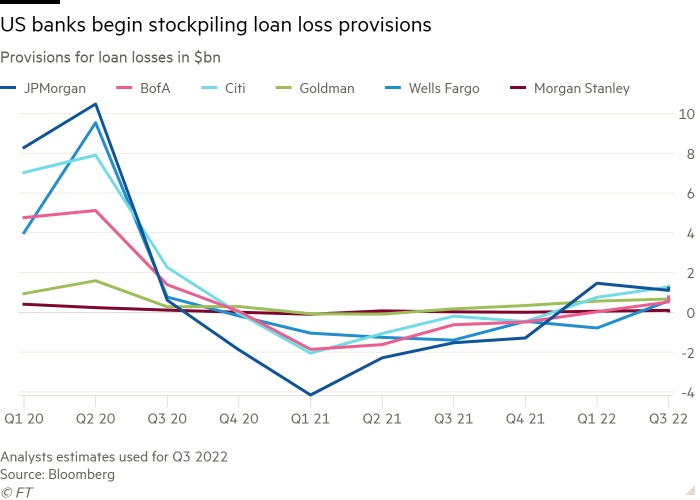2022 is a year for significant votes. Some were expected, some were not. Some have more legitimacy than others. This week, there will be much analysis of this latter point.
The most significant of these will be a process of installation rather than election. China’s Communist party begins its five-yearly congress on Sunday, the most notable item of which will be the handing of a historic third leadership term to president Xi Jinping. The prospects are not good — “a tragic error”, according to FT chief economics editor Martin Wolf.
A pressing concern for Xi’s government is the crash in the housing market, which along with the zero-Covid policy and difficult economic conditions has stalled China’s run of strong growth, which will for the first time since the early 1990s fall behind the rest of Asia this year, according to the World Bank. Unleashing the Chinese consumer to spend more is the obvious way to restore growth. The problem for Xi and his senior lieutenants with this solution is that doing so will mean relinquishing some of their political power.
Before all that comes another issue of tension for Beijing. Monday is the National Day public holiday in Taiwan and the country’s softly spoken president Tsai Ing-wen will be giving an address.
China claims Taiwan as its territory. Nicola Sturgeon’s Scottish National party would like to no longer be considered the territory of the British government. Sturgeon will be making this clear in the closing speech to her party’s conference on Monday. A day later, the SNP’s risky plan for another referendum on the matter will be heard by the UK’s Supreme Court.
The British government has refused to grant powers to hold another vote. The Supreme Court’s two-day hearing is due to conclude on Wednesday.
If the court agrees with the UK government, it would not necessarily be the end of the SNP’s bid for a second referendum, but it would almost certainly scupper Sturgeon’s stated goal of holding a vote in October 2023 because she would have to pass legislation.

Talking of second chances, but away from the discussion of votes, this Friday will see London’s landmark Battersea Power Station reopen in a new guise, as a retail, leisure and residential building.
This feels like good news in disrupted times. Expectations are higher than the building’s four chimneys, one of which you will be able to ride up — for a fee — in a glass elevator. And the £9bn renovation, completed after numerous previous attempts failed, is so cool that Apple is taking a few floors for its British workforce. Whatever your view, the restoration of this iconic 1930s building is buoying the local housing market.
Economic data
It’s a quieter start to the week for the markets with the US closed for Columbus Day. However, we’ll make up for it as the week progresses.
Inflation is a theme (will it ever not be?), led by data from the US and China. The Fed will also release the minutes from its September meeting, which will be watched for indications about its future intentions in monetary policy tightening to quell the rising cost of living.
The IMF and World Bank annual meetings also begin in Washington on Monday, running all week.
Companies
This week will be a mixed bag of results, but a couple of sectors will feature prominently as the reporting season cranks up.
A buoyant jobs market is expected to have helped recruitment firms PageGroup and Robert Walters secure higher quarterly net fees. But their trading updates will be watched for signs of a slackening in demand as inflation and recessionary fears rise.
The week will end with a rush of third-quarter results from Wall Street banks, likely to fuel concerns about a US recession. Citi, JPMorgan Chase, Wells Fargo and Morgan Stanley are all reporting on Friday — Bank of America and Goldman Sachs will follow next week — and analysts expect these six institutions to collectively set aside more than $4bn to cover potential losses from bad loans.

On the plus side, third-quarter revenues at JPMorgan, BofA, Citi and Wells are expected to have risen year on year by around 4 per cent thanks to higher net interest income following the Fed’s rate rises, our US banking reporter notes. Goldman and Morgan Stanley, which derive a greater share of earnings from investment banking, are likely to report a drop in revenues given the drop off in dealmaking activity.
Read the full week ahead calendar here.

